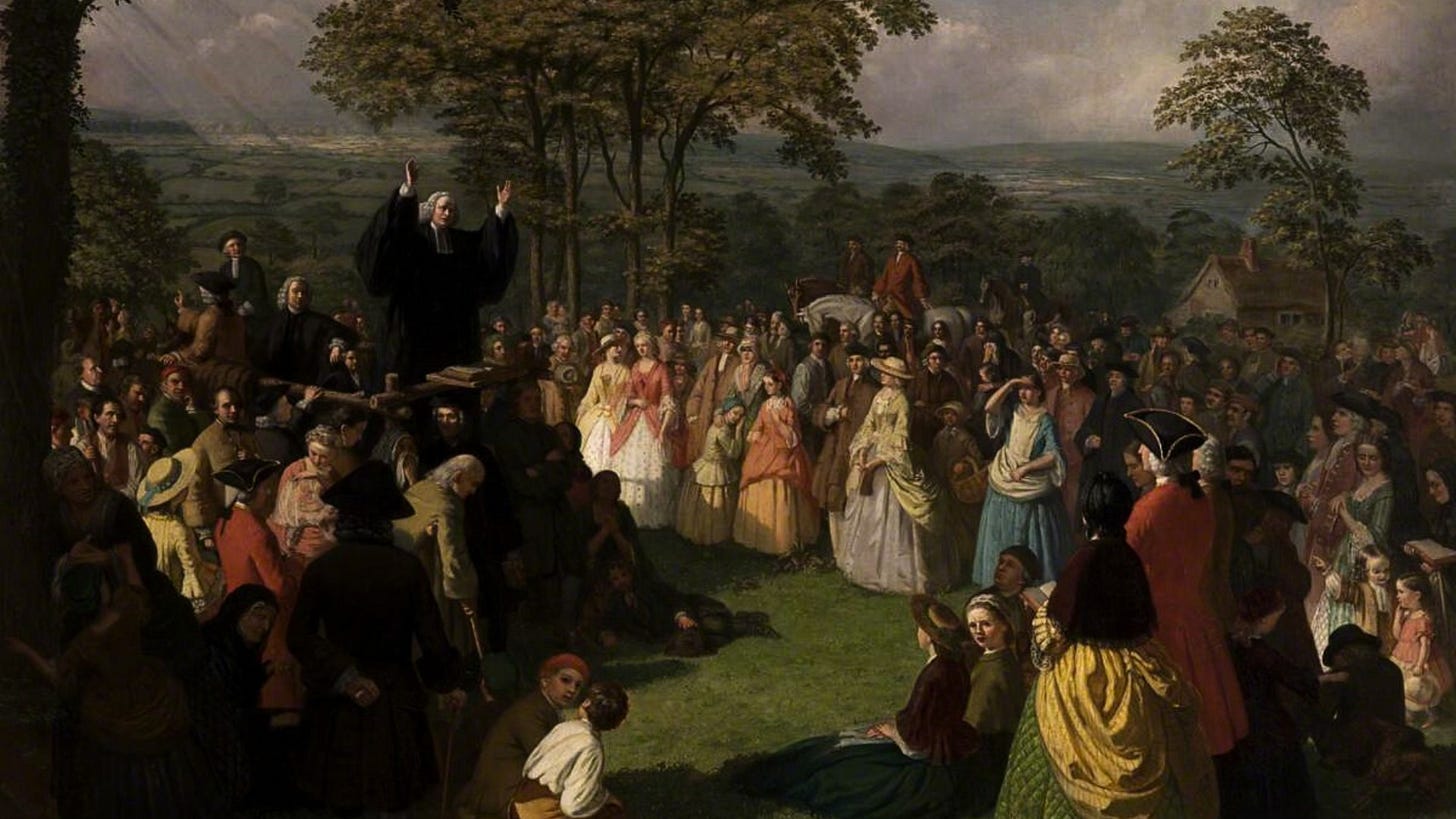The Abiding Purpose of Preaching and Preachers
Rediscovering the power of the sermon with Christopher Ash.

The familiar idiom “Good things come in small packages” is a fitting description for Christopher Ash’s little book on preaching, The Priority of Preaching, in which he avows the enduring relevance of God’s preached Word for the sake of the church. At just over one hundred pages, this title’s meager appearance belies its true offering for clergy and laity alike to understand the particulars of the preaching event and its divine design. Hearing God’s Word proclaimed is not only a time-honored tradition of the church, but is also the primary way in which God’s Spirit instills in God’s people the truth of God’s Word. As a result, parishioners who faithfully sit under sound preaching are brought into conformity to the image of God’s Son (Rom. 8:29). This is God’s program for the flourishing of his church.
Preaching, of course, is a mode of speaking that seems to have fallen on hard times. Preachers are often caricatured as bellowers or hollerers of archaic words that have little relevance to modern life. The colloquial connotation of the sermon is that it is a weekly tirade from a holy roller whose piety is manifest in spittle or decibels. As Ash notes in the first chapter, the aggregate disfavor for preachers and their sermons is not a novel development. Disdain for the preaching event has been given similar adjectives throughout the decades, begging the question of preaching’s continued relevance in a technologically tethered world and the role of preachers within modernity itself. But as Ash maintains, there is both a biblical and one might even say divine precedence placed upon the preacher and the preaching event, which, when undertaken by faith, constitutes the God-ordained vehicle for human flourishing. Here’s how Ash puts it:
The written covenant was the anchor that tied the true prophet into the succession of true prophets. True prophets were preachers of the written covenant. Both were needed. Sometimes the word was written but not preached. But without the preacher the word gathers dust in a forgotten corner of the temple, to be discovered by the builders (as in Josiah’s reign, 2 Kings 22). At other times some kind of ‘word’ may be preached, but this preached ‘word’ is divorced from the written word. And yet without the written word, the prophet becomes simply a ‘dreamer of dreams’ (e.g. Deut. 13:1ff). Neither the written word alone, nor the prophet alone, is sufficient, but rather the written word preached.
God did not just give them the book. He gave them preachers of the book so that face to face they could be taught, challenged, rebuked and exhorted to repentance and faith. And therefore one of the worst things God could do was to stop speaking to his people by the prophets, as he had almost done before the time of Samuel, when things were very dark and everyone did what was right in his own eyes (e.g. Judg. 17:6; 21:25) and the word of the Lord was rare (1 Sam. 3:1). The word was there, written on the tablets in the Ark; but nobody preached it. In the time of Amos God threatens ‘a famine of hearing the words of the Lord’ (Amos 8:11f); this famine is not so much the absence of prophets to tell them the future; it is more the absence of prophets to preach to them the covenant. Later, at the time of Psalm 74:9 (‘there is no longer any prophet’), they didn’t say, ‘Oh, well, it doesn’t matter because we’ve got the book.’ They said, ‘There is no longer any prophet . . . How long, O Lord . . . ?’ because the loving authority of God is exercised by the written word preached. The preaching of the prophets was gradually collected so that the written word grew. But at every stage God governed his people by those who preached the written word, not just by the written testimony in the ark or on scrolls.1
The purposes of God have continuously unfolded through his inspired and preserved Word that is proclaimed by called and ordained preachers. Accordingly, preaching and preachers are not specimens of antediluvian religious fervor, nor are they archetypes of man-made spirituality. Rather, they are the means by which God’s people are confronted by God’s grace. His words of promise, redemption, and reconciliation are sounded through the voices of human preachers. As Paul attests in his letter to the Romans, “Faith comes from hearing, and hearing through the word of Christ” (Rom. 10:17). Consequently, the preached Word necessitates those to preach it.
Grace and peace to you.
Christopher Ash, The Priority of Preaching (Ross-shire, England: Christian Focus, 2010), 26–27.



This was insightful. Thanks for sharing.